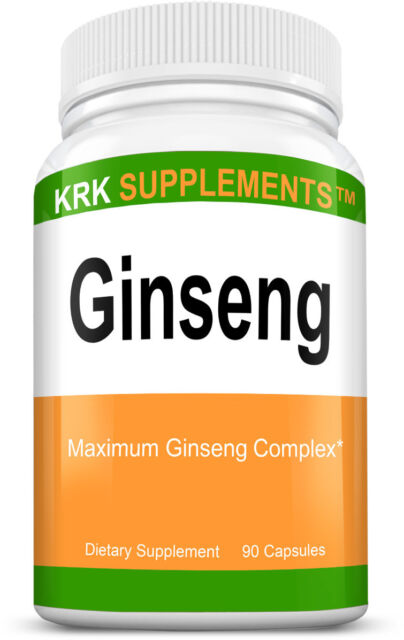Egg whites boast a low-calorie and cholesterol content while packing a punch with protein. However, they offer fewer nutrients compared to whole eggs.
Eggs are loaded with various beneficial nutrients. Yet, the nutritional composition of an egg can differ greatly depending on whether you consume the entire egg or solely the egg white.
This article delves into the intricate nutritional makeup of egg whites in comparison to whole eggs.
Nutritional Information of Egg Whites and Whole Eggs
Egg whites, the translucent, viscous liquid enveloping the vibrant yellow yolk of an egg, serve as a protective barrier in fertilised eggs, shielding the developing chick from harmful bacteria and providing essential nutrients for its growth.
Comprising roughly 90% water and 10% protein, egg whites undergo a considerable nutritional shift when the yolk is excluded from consumption.
The table below highlights the nutritional disparities between the egg white of a large egg and a whole, large egg.
As depicted, an egg white contains fewer calories, micronutrients, protein, and fat compared to a whole egg.
Low in Calories, High in Protein
Egg whites excel in protein content while remaining low in calories. In fact, they encapsulate approximately 67% of the total protein found in eggs.
They constitute what’s known as complete protein, containing all nine essential amino acids in the requisite proportions vital for optimal bodily function.
Given their protein-rich composition, consuming egg whites can offer health advantages. Protein aids in appetite suppression, potentially extending the feeling of fullness post-consumption.
Adequate protein intake is also crucial for preserving and building muscle mass, particularly pertinent for weight management endeavours.
Considering that whole eggs provide only marginally more protein at the expense of additional calories, egg whites emerge as an enticing option for individuals striving to shed excess weight.
Low in Fat, Cholesterol-Free
Historically, eggs have been a contentious dietary choice owing to their elevated saturated fat and cholesterol content.
Nonetheless, all the cholesterol and fat in eggs are concentrated in the yolk. Conversely, egg whites consist predominantly of protein and are devoid of fat or cholesterol.
For years, opting for egg whites was perceived as a healthier alternative to consuming whole eggs. Recent research, however, indicates that dietary cholesterol in eggs poses minimal concern for most individuals.
Nevertheless, a small subset of people, termed “hyper-responders,” may experience elevated blood cholesterol levels upon consuming cholesterol-rich foods.
Hyper-responders possess genetic predispositions, such as the APoE4 gene, making them susceptible to heightened cholesterol levels. For individuals with this genetic profile or those grappling with elevated cholesterol, egg whites may represent a preferable choice.
Additionally, owing to their minimal fat content, egg whites boast significantly fewer calories than whole eggs.
Potential Risks
Allergies
Egg allergies are more prevalent among children compared to other age demographics; however, many outgrow this condition by the age of five.
An egg allergy arises from the immune system misidentifying certain egg proteins as harmful. Symptoms can range from mild manifestations like rashes and nasal congestion to severe reactions such as anaphylactic shock, though the latter is rare.
Salmonella Food Poisoning
Raw egg whites harbour the risk of Salmonella-induced food poisoning. While modern farming practices mitigate this risk, thorough cooking substantially diminishes the likelihood of contamination.
Reduced Biotin Absorption
Raw egg whites may impede the absorption of biotin, a water-soluble vitamin essential for energy production. Avidin, a protein present in raw egg whites, can bind to biotin, impeding its assimilation. However, consuming large quantities of raw egg whites is necessary to induce biotin deficiency.
Egg Whites vs. Whole Eggs: Which to Choose?
Egg whites emerge as a high-protein, low-calorie dietary component. They prove particularly beneficial for individuals with elevated protein requirements necessitating calorie restriction, such as athletes or bodybuilders.
However, in contrast to whole eggs, egg whites are deficient in various other nutrients.
Whole eggs encompass a gamut of vitamins, minerals, additional protein, and healthy fats.
The Verdict
Egg whites constitute a protein-rich, low-calorie dietary option. Nonetheless, for the majority, the advantages of opting for whole eggs outweigh those of egg whites, given their superior nutrient profile.
That being said, for select individuals, notably those needing to curtail cholesterol intake, egg whites may represent a preferable dietary choice.
- Egg Whites Nutrition: High in Protein, Low in Everything Else - April 30, 2024
- CBD Vapes By Qinneba-The Ultimate Review of Top CBD Edibles - March 5, 2024
- Diamine Oxidase (DAO): Benefits, Dosage, and Safety - July 6, 2023





